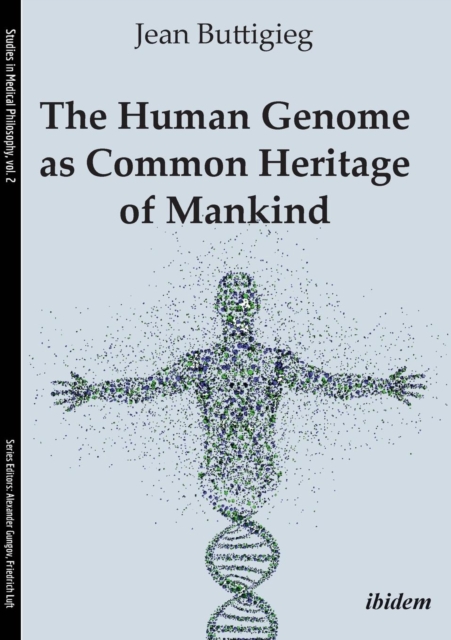CITESTE MAI MULT
Detalii
Descriere RO
In 1997, the UNESCO General Conference declared the human genome a common heritage of humankind. This declaration was followed by the Joint Statement of March 14, 2000, by US President Bill Clinton and British Prime Minister Tony Blair, in which they stated that the "fundamental data on the human genome, including the human DNA sequence and its variations, should be made freely available to scientists everywhere." This announcement to allow "unencumbered access" to this fundamental data on the human genome, for the benefit of all humanity, appeared to endorse the UNESCO Declaration of 1997 on the human genome. But as it turns out, these statements were only political slogans since there is a complete lack of any genuine attempts to make the human genome a legal principle of international law so far. This study's foremost goal is to reintroduce the philosophical and political implications of the concept of common heritage of mankind into public discourse, as intended by Arvid Pardo when he addressed the UN General Assembly on November 1, 1967, and apply them to the human genome.
In this timely study, Jean Buttigieg demonstrates the necessity to make it a legal principle of international law that the human genome is a common heritage of mankind. As Buttigieg demonstrates, the biggest challenge here comes from the patent system in its present form, which encourages the commercialization of the human genome by explicitly denying scientists "unencumbered access" to the fundamental raw data. By putting individual rights before community rights, the patent system effectively hinders discoveries that prompt new and better medical treatments. Buttigieg also discusses issues of biotechnology. While the biotechnology debate is very often centered on which new applications of biotechnology should or should not be permitted, it so far lacks a critical philosophical analysis of biotechnology itself. The true essence of the human genome, Buttigieg argues, is to be found in metaphysics and not biology. This study fills a gap in the literature on the human genome and the common heritage of mankind by addressing the metaphysical nature of the human genome and discussing the philosophical concerns surrounding the field of biotechnology.
Edituraibidem-Verlag, Jessica Haunschild u Christian Schon
Dimensiuni150 x 256 x 17
Data Publicarii30/04/2018
Format
Necartonata
Numar pagini252
Aceasta este o carte in limba engleza. Descrierea cartii (tradusa din engleza cu Google Translate) este in limba romana din motive legale.
In 1997, Conferinta Generala a UNESCO a declarat genomul uman o mostenire comuna a omenirii. Aceasta declaratie a fost urmata de Declaratia comuna din 14 martie 2000, a presedintelui american Bill Clinton si a prim-ministrului britanic Tony Blair, in care au afirmat ca „datele fundamentale despre genomul uman, inclusiv secventa ADN umana si variatiile sale, ar trebui sa fie puse gratuit la dispozitia oamenilor de stiinta de pretutindeni ". Acest anunt pentru a permite „accesul liber” la aceste date fundamentale despre genomul uman, in beneficiul intregii umanitati, parea sa sustina Declaratia UNESCO din 1997 privind genomul uman.

